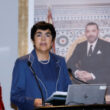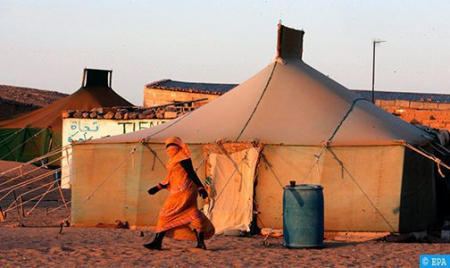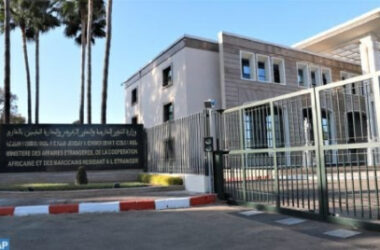Thus, the university professor explains that the WFP has irrefutably documented the diversion and sale of food from humanitarian aid in the markets of Tindouf, outside the camps, as well as in neighboring countries, while the population of the camps lives in undignified conditions, marked by chronic malnutrition, especially among women and children.
“What is even more serious is that WFP has again expressed its concern about the lack of registration and census of the population in the Tindouf camps and the potential for diversion that this unique situation makes possible,” he says.
This is also an exceptional situation in the world in terms of international humanitarian law, insofar as, for almost 50 years, these populations have never been identified, registered as refugees, nor censused, which has deprived them of all the rights guaranteed by the Convention of 28 July 1951 on the Status of Refugees,” continues the professor of History of International Relations (African Polemology and Ireneology) at the University of Yaoundé.
The report also points out the impossibility for UN specialized agencies to have unhindered access to the camps, and describes as “biased by nature” the internal control of the distribution of humanitarian aid carried out by the “polisario”.
The European Parliament had adopted a resolution noting that “Algeria would have applied a 5% tax on this aid and would have refused the refugee census requests made by the United Nations High Commissioner for Refugees in 1977, 2003, 2005 and 2015,” he recalls, noting that this resolution also calls on the EU to audit the use of European humanitarian aid by the “polisario” since 2015.
In 2021, according to Alphonse Zozime Tamekamta, the UN Secretary General’s report drew attention to the misappropriation of funds and food aid intended for the population kidnapped by the “polisario”.










